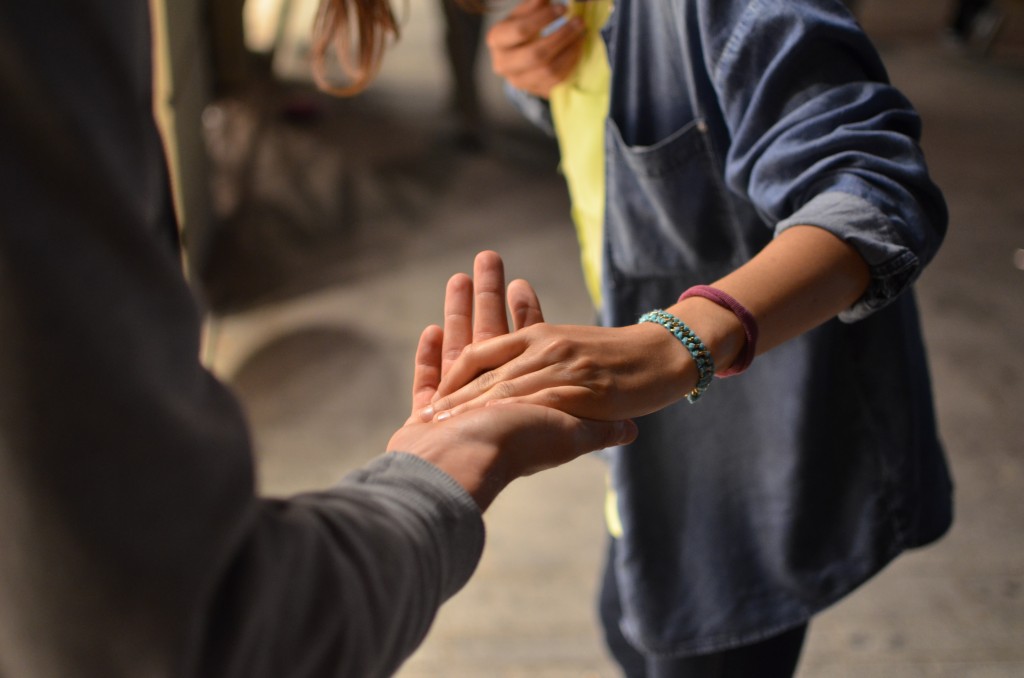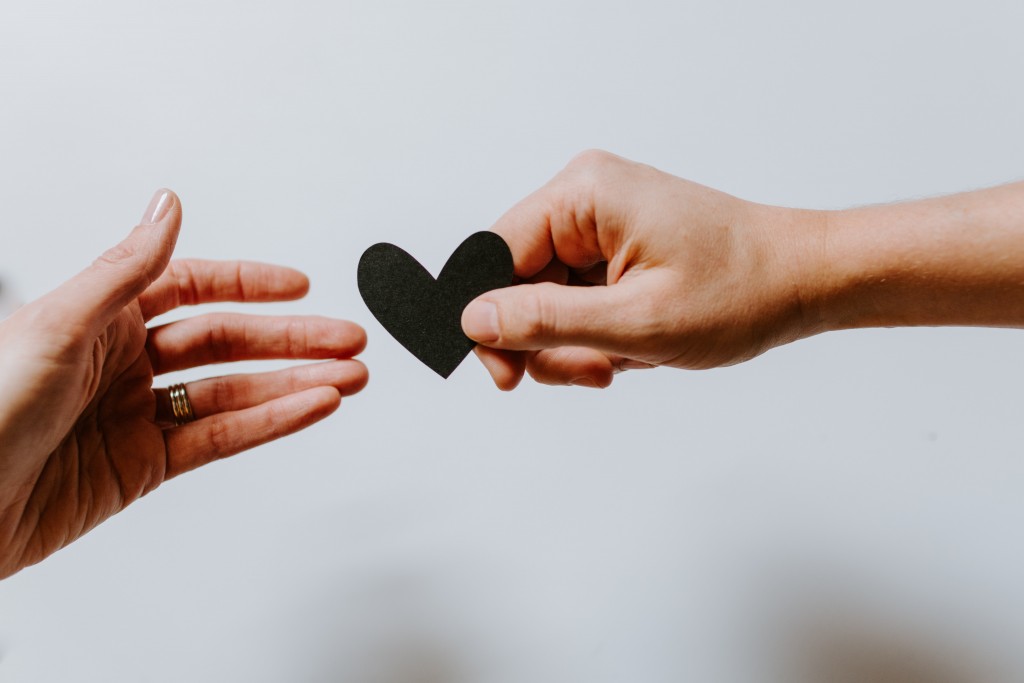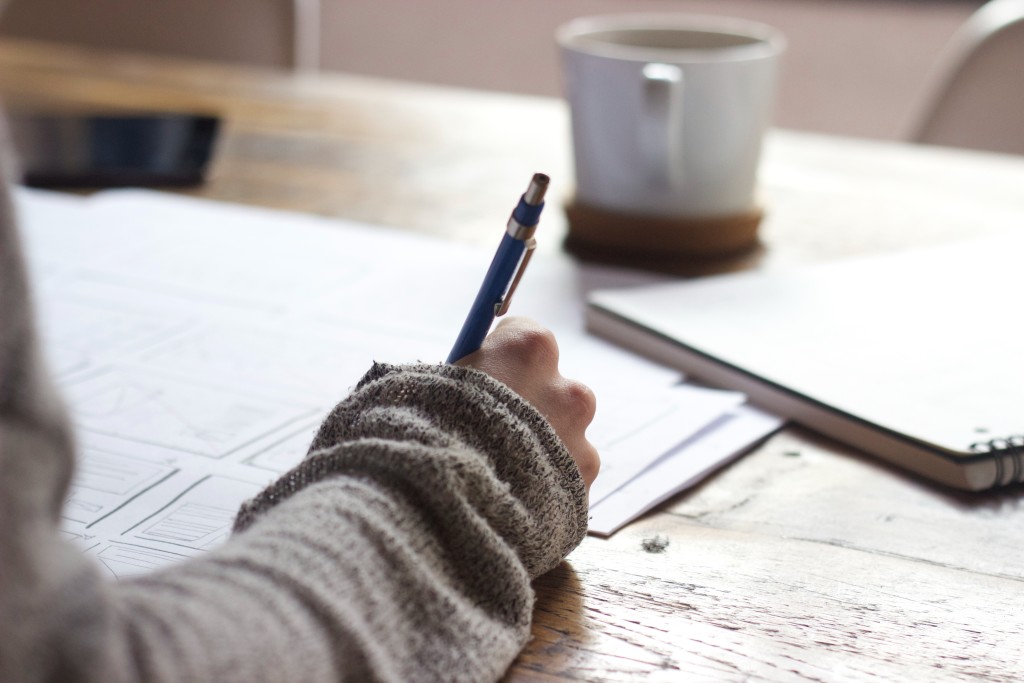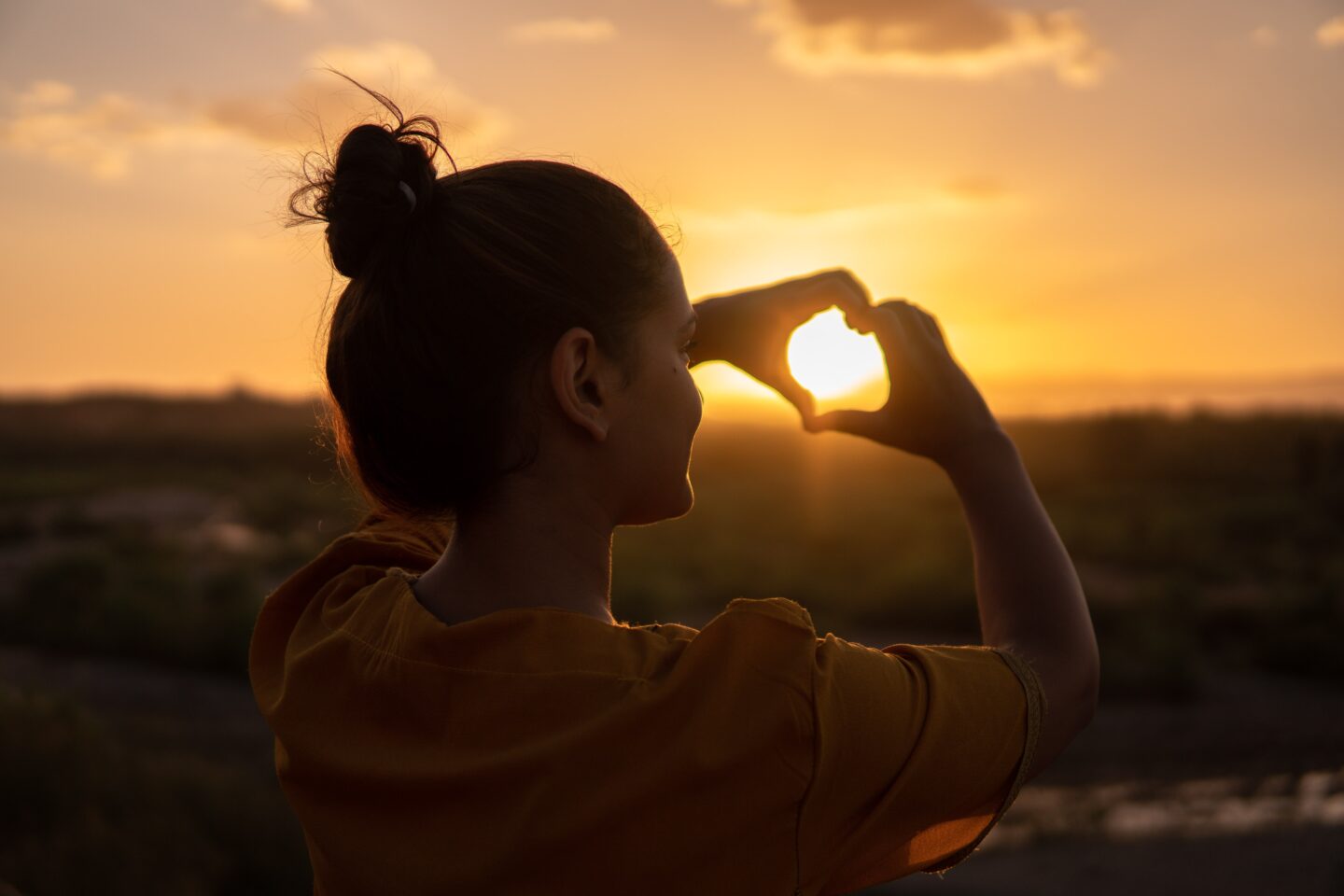
When I was twenty-two, a therapist told me I was codependent. I didn’t know what that meant. She told me that it meant a one-sided relationship in which one partner has needs, and the other fulfils them because they need to be needed. This realisation reshaped my whole understanding of my life so far. Until then, I thought I was normal; I thought everyone felt the way I felt.
I blame that famous children’s film company. With its more recent influx of strong female leads and diverse characters, it’s come a long way – but the films I grew up with tended to have women waiting in a tower or hiding in a cottage or trapped in some other form of misery, waiting for a man to climb up their hair and choose them. And only once they were chosen would their life begin. Only once they were chosen would they find themselves worthy of love. Only once they were chosen could they be happy. So I became fixated on finding romantic love. I viewed it as the key to happiness.
I think we live in a codependency culture, one where movies and songs have us believing that romantic love is the only kind of love we need and the only one that matters. Self-love, friendship, community love? That’s got nothing on the Disney princess moments. With lyrics promoting dependent feelings like “life felt worthless till you gave me purpose” and “promise you won’t ever leave me,” it’s no wonder we’re seeing codependent people find themselves stuck in relationships that aren’t working, but they don’t have it in them to leave. Because for them, life alone = sad.
What is codependency?

If you Google “codependency,” you’ll find scary definitions that’ll have you thinking your partner is an addict or a narcissist while you yourself are nothing but a hollow shell. While that’s the case for some people, the reality is usually a bit more nuanced than that.
My character Brooke deals with codependency in my debut novel, Can I Stray. As an adult, Brooke achieves what looks from the outside to be a healthy relationship: after a history of partners who treat her badly, she finally finds a boyfriend called Charlie, who treats her with kindness, care, and respect. They live together, both work, and seem to be doing alright. But, inside, Brooke is still codependent. She finds herself relying on Charlie to regulate her emotions, to care for her, and to help her with the basic practicalities of adulthood. This all comes to a head one weekend when Charlie goes away; with her partner absent, Brooke can see how much she has been depending on him for practical care, emotional care, and for her own sense of identity. She doesn’t know how to be happy without him.

So what does codependency look like?
Enmeshment
Enmeshment is when both your and your partner’s identities seem to be intertwined – it’s not clear where you leave off, and they begin. When Brooke is talking to her therapist about her relationship, she says how she doesn’t think Charlie is enmeshed with her, but she’s enmeshed with him. When talking about decorating their flat, Charlie asks Brooke what she likes, and the first thing she thinks is “I like what you like.”
This can make it difficult to leave a relationship that’s no longer working, because it would mean losing one’s own sense of self. This merged sense of identity can also make it hard for codependents to respect their partner’s…
Boundaries

Codependents often struggle to assert their own boundaries because they haven’t had them respected throughout their lives. Maybe they’ve even been made to feel guilty for having their own boundaries. They indirectly learn that what they need comes second to the needs of the other person and view what they want as unimportant, an inconvenience, something not to be voiced. We see this in Brooke’s early relationships, where she silences herself rather than saying that she wants something or is uncomfortable with something. With her first boyfriend, Matt, she tells the reader that watching TV with her head on his shoulder makes her neck ache, but she does it anyway because she doesn’t want to ask him to reposition himself. That’s how much she belittles her own needs.
Codependents can struggle to respect other people’s boundaries because they don’t have any themselves. We see this in the book when Brooke uses Charlie’s credit card without his permission, and he tells her he wasn’t okay with that. Other people asserting their boundaries can feel like a rejection to codependents – we see this when Charlie tells Brooke that he isn’t ready to introduce her to his work friends yet, and she feels like he’s withdrawing love. This is because codependents have been taught that love means having no boundaries; it means being as enmeshed as possible.
What can help codependents is learning to set their own boundaries and working hard to respect those of others even when it feels uncomfortable. Remember, boundaries are bridges, not walls: they’re less about restricting a relationship and more about inviting the other person to love you in the best way.
Self-love

Codependents usually rely on their partners to provide love. When Charlie is present, he acts as proof that Brooke is loveable, that she’s worthy of existing. When he’s gone, the proof is gone, and Brooke doesn’t know how to be happy. She doesn’t know how to provide love to herself. She doesn’t even know how to have fun by herself, and so she whiles away the whole weekend on the sofa.
When I once found myself in Brooke’s shoes staring at the lonely, empty weekend ahead of me, what helped was Sims 2. I’m not even joking. On that Friday night, when all my plans got cancelled, I felt like crumbling. But part of me stepped forward and told myself to play Sims. And I did. All weekend. And I realised that there were things I could do to have fun on my own, that I didn’t need anyone but myself to be happy. And that was genuine self-love; it was cultivating a relationship where I wanted to spend the rest of my life with myself.
What can help
There are a lot of resources out there for codependency, so if you relate to some of this, know that you’re not alone. There are articles online to build up further understanding of codependency, plus online resources like this boundary setting worksheet. For more information, check out some YouTube videos from therapists and other codependents. And as always, reaching out to a professional therapist can be life-changing. If you’re in the UK, you can self-refer for free counselling and CBT through the NHS’s IAPT programme.
Remember, a little dependency is totally normal in a relationship. But if you feel like you couldn’t cope alone, or if you’re unhappy, it might be worth thinking about. Realising I was codependent changed my life; not only did I learn how to have healthier relationships, but I was able to remove massive barriers to my day-to-day happiness. And that’s the story I wanted to tell in Can I Stray.

Well said, people just misunderstand the meaning of love. If you can’t love yourself, there may be some chances you have codependency issues. Self-love and self-care should be in any relationship; don’t be dependent on anyone to be happy.